18 Reasons Car Jerks when Braking, Slow Down, or Stop
In this rapidly evolving world, our vehicles are part of the essential things in life. Car enthusiast like us uses it almost all the time from our everyday commute to emergencies. Because of this, maintaining the best possible driving conditions is a must to ensure safety at work and anywhere. Unfortunately, mechanical failures are inevitable among car owners. Consulting a mechanic is great too to save money in the long run if your car jerks when braking.
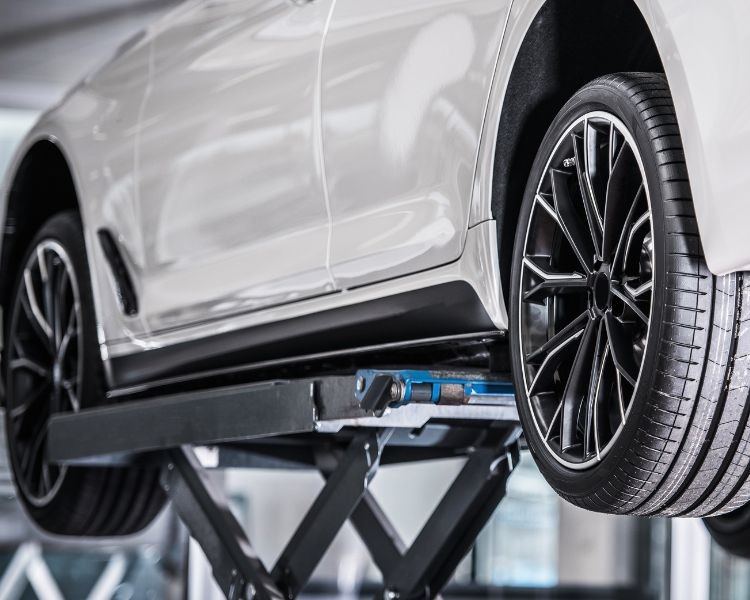
If a vehicle jerks when braking, it can indicate some mechanical problems. Some issues with the car’s braking system can easily be disregarded while a few needs immediate attention from a professional mechanic. From worn brake rotors, to faulty wirings in your ABS (anti lock braking system), we will examine the most common causes of car jerks when braking and a number of things to do when you have brake issues.
Rule out simple things first
Think about the possible things that caused your vehicle jerks that are unrelated to your brake system.
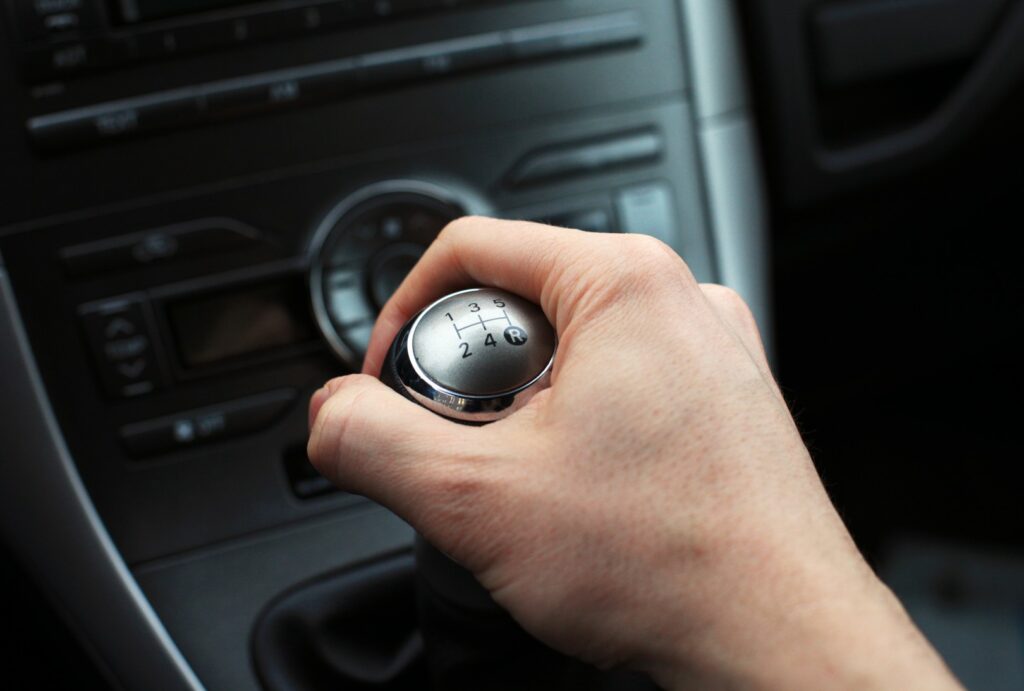
#1 – Manual transmissions car
The automatic transmission can feel sloppy at brake speeds, particularly for a novice who drives a transmission vehicle clutch behind the wheels. When the vehicle is not moving properly at a speed of deceleration, the car will be forced to lurch. The transmission clutch driver must coordinate the brakes pedal, clutch pedal and gear lever to downshift correctly. If you aren’t incredibly proficient at doing so, you can cause a sudden stop in your car. The only solution is to learn to operate a manual transmission clutch by taking the time to practice.
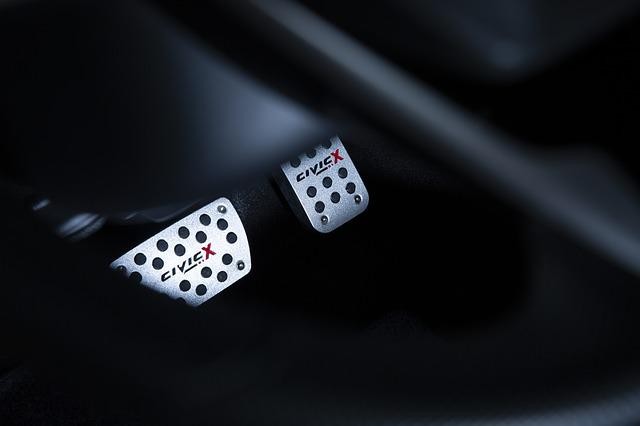
#2 – Check the floor mats
Sometimes the floor mat will slip and interfere with the brake lever operation. When the transmission clutch pedals are not moving properly, the vehicle may be shaking. Such issues can be easily fixed by removing floor mats. If you feel it creases up or gets worse, take it out or replace it with another. As a quick solution, you can replace it with the seat mat.
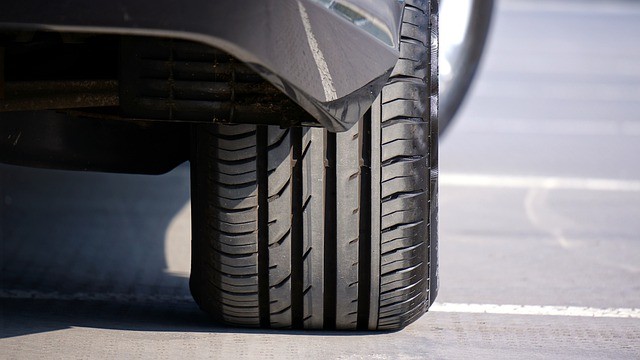
#3 – Worn Tires
The faulty tire lacks adequate tread in order for it to stay comfortable. Depending on how the automatic transmission vehicle is driven, the unbalanced tires can make car jerks when braking. Checking the tire wear is very easy. This is vital for safety, so take care if there are any brake problems.
If the jerking issue has not been resolved especially when pressing brake pedal, you should consider another possibility.
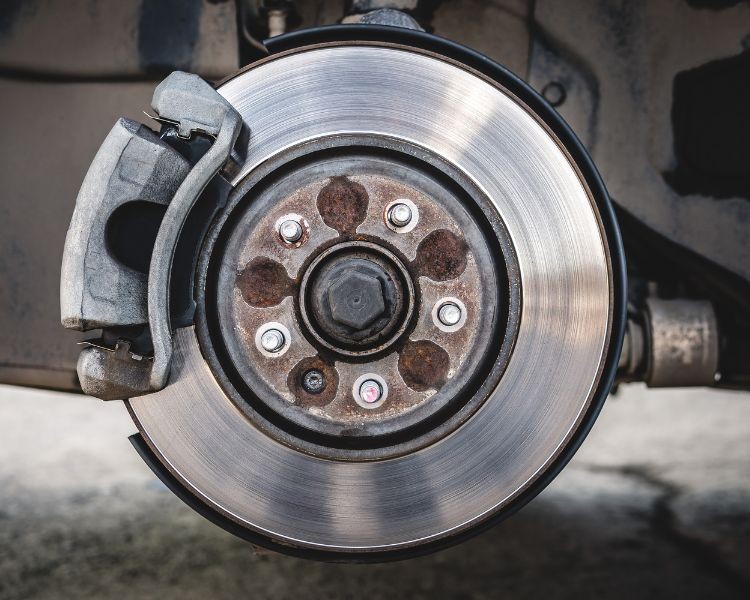
Perform Braking System Diagnosis
If your brake lever has vibrations, it may indicate a malfunction in the steering components of the vehicle. Possibly there are problems with the brake pedal. Very rarely can it cause problems with worn or broken bearings. This could actually be driving skills! If we are to eliminate the problem first, it gives us some ideas to fix our shaker brake problem. We need a brake first.
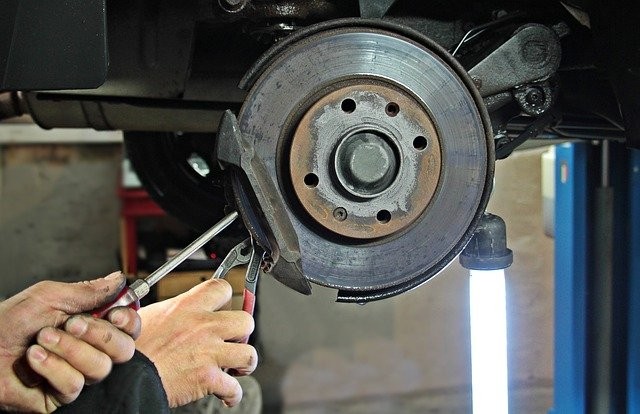
#4 – Are your brake pads worn?
The brake pads inside the brake caliper are glued to the rotor by the mounting bracket. Your brake pad wears out quickly. It is generally not even and the outer pad wears softer and heavier than the outer. Unusual brake pads are usually damaged by rotor damage. Rotor warping / cracking causes uneven wear of the pad. A broken guide pin may also cause uneven wear. It will prevent your brake calipers pad from retracting fully so you’d keep your rotor closer to the wheel longer. This build-up of temperature leads to warping and pads to wear out.
Brake discs or brake rotors are metal round components that transfer brake power to wheels. Rotors will warp during normal use or through hard brakes. When rotational forces are warping, the rotor causes oscillations of the pads. The oscillation causes car jerks when braking and juddering while braking. The best solution is to change gears and replace worn brake pads or brake disks.
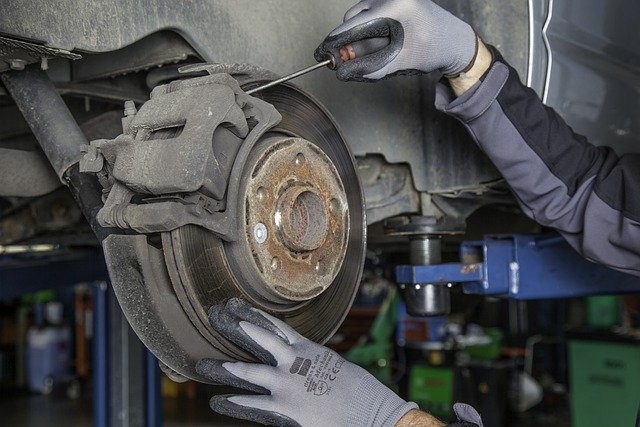
#5 – Brake Callipers Can Become Sticky
If the brakes have leaks, they are likely to have a piston inside it. Over time rubber rings in the caliper wear and can cause fluid to flow over a sidewall. A result of loss in hydraulic power can result in uneven wear on a pad. The brake fluids have hydrophobic properties which attract water, which could cause corrosion of the brakes piston. This can then reduce piston pressure and ultimately result in uneven pad wear. These uneven brake pads cause brake shudder when the brake is applied.
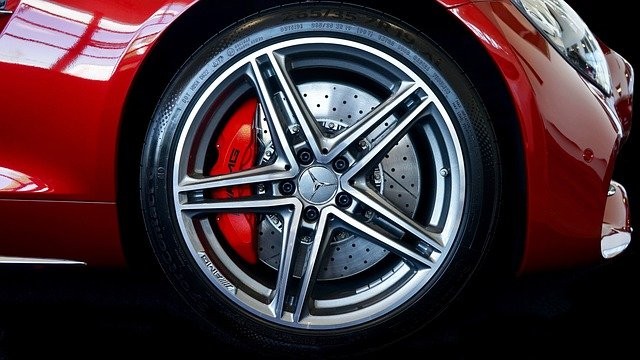
#6 – Is the problem your Front Brakes or Rear Brakes?
Although there’s no hard rule, front brake issues may be felt from steering wheel. If you notice shaking in the hand, pedals or feet, the problem probably started with the initial problem. As the vehicle’s weight moves toward the brakes, it is likely that front brakes absorb most of the brake pressure. The rear wheels have less stopping power and can support up to 90% of the vehicle weight at brakes. In experience, rear brake problems typically come through the seats.
If you haven’t figure our what causes the jerking sensation or car jerks when braking, consider at what point it took place.
Causes of a Car That Jerks When Braking
Occasionally a car will feel something jerky while the brakes are pressed. Although this type of issue isn’t rare it requires extensive consideration in order to rectify the problem. There are many common causes why vehicles jerk when the brakes pedals are pressed.
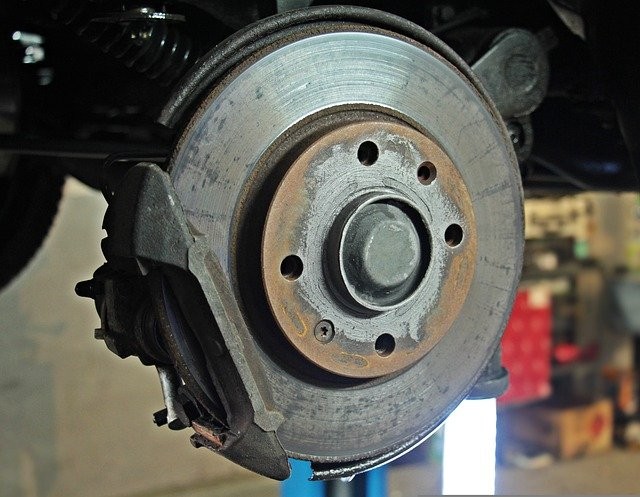
#7 – Warped Rotors
The jerking effect is caused in vehicles by the friction of brake wheels on braking brake lathe pads. The brake rotor can become damaged as a result of overheating or rapid cooling and excessive wear could result to thermal shock. These distortions occur when hydraulic pressure brake pedal in vehicles push onto brake pads and produce a noticeable pulsation. See also: Replacement or Resurfacing Wheels.
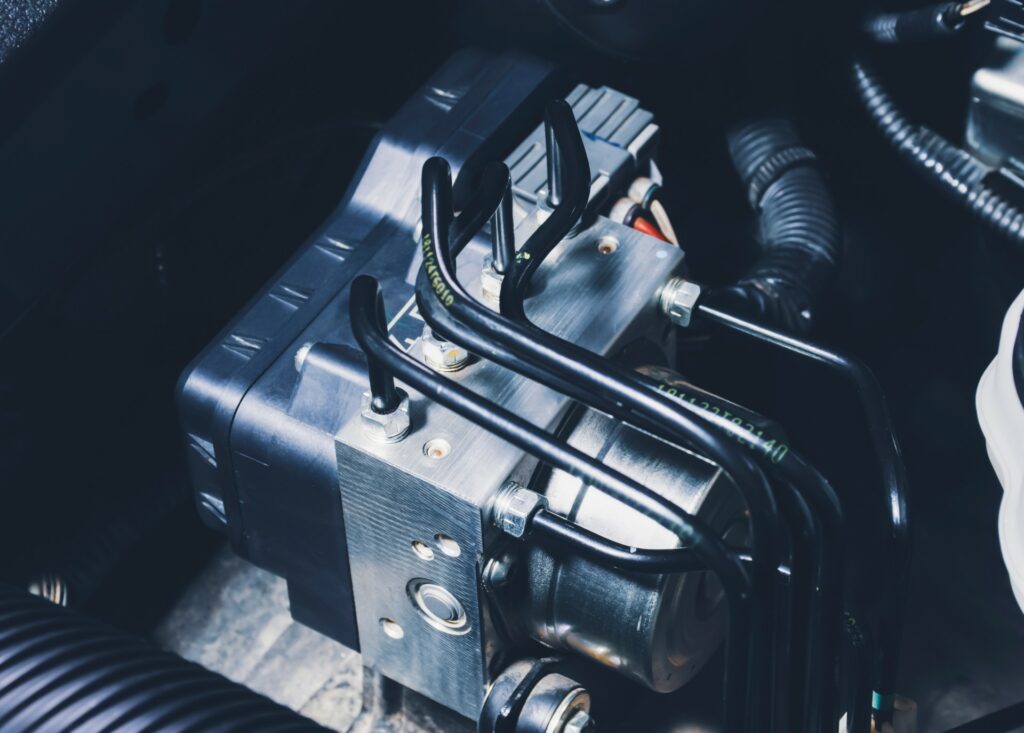
#8 – Electrical and ABS problems
Most cars now come equipped with antilock brakes. The ABS system is an electrically controlled brake mechanism that, during traction, it prevents the brakes from being locked in place. For instance, the ABS can modulate its hydraulic pressure to release and reapply brake fluid quickly. This helps you maintain steering control while slowing the car. You don’t need to push the pedal. In manual transmission, you may experience vibrations at the brake pedals. The brakes system wouldn’t be operating without brakes, the wheels wouldn’t turn, and you lost your driving control.
Depending on the operation of the ABS system valve in your car’s engine performance, it can produce substantial car jerk sensations in stopping. When you are trying to apply brakes to stop abruptly, especially in the rain, it is no problem. If the ABS systems on a car have stopped automatically, further proper operation diagnostic testing is needed before it is detected.

#9 – Hydraulic issues
Most automobiles are equipped to operate with closed hydraulic loops for the brakes. Cylinders (drum brakes) are the kind of the heart of the system responding with braking action by the driver’s hand. In the master cylinder, hydraulic fluid passes through the brake lines running into individual pistons. Hydraulic fluid does not compress with braking pressure and braking mechanisms activate when the pedal is turned and push the fluid into the braking parts. Sometimes air can enter the hydraulic system, which causes an irritant to hit the brakes.
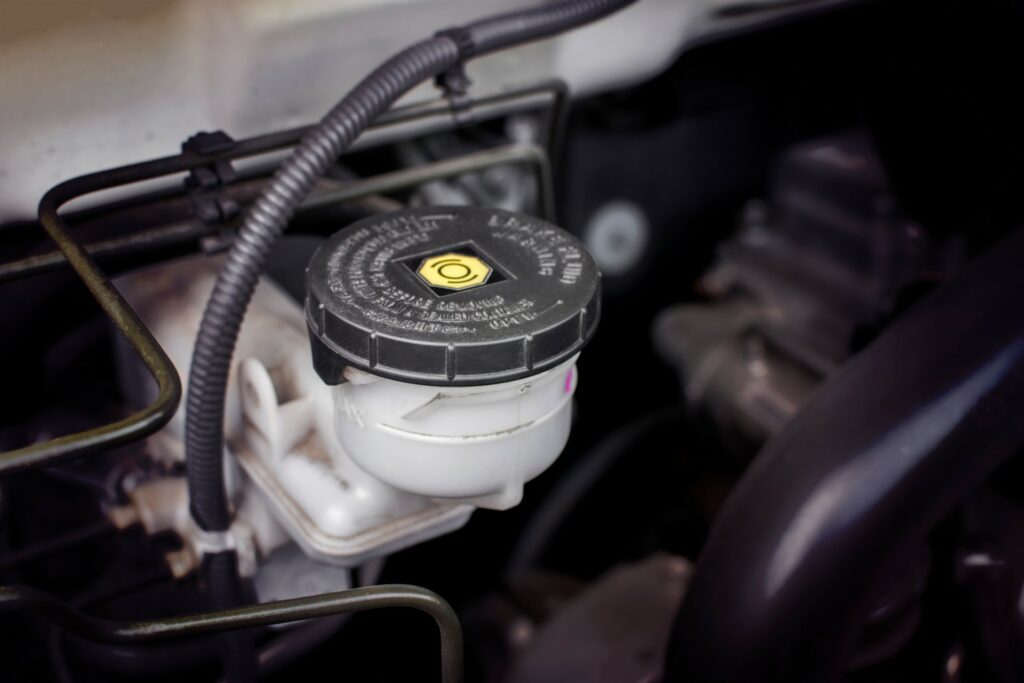
#10 – Brake power assist issues
Modern automobiles often have a brake booster system that aids in braking. Most passenger automobiles have vacuum brake boosters that attach to the engine to increase pressure, while heavier truck engines utilize pressure from its power steering system instead. It helps the driver brake more effectively and efficiently with a powerful assist system that increases the input to hard braking. The breakdown or failure of this component could cause the vehicle to jerk when applying brakes. Eventually, the old ones will be replaced.
#11 – Worn Steering/Suspension Bushings
It can also be incorporated into the suspension/suspension system using several different bushings. Despite this, the bushings tend to wear out as time passes and increase the otherwise muted noise. It usually occurs when applying brakes.
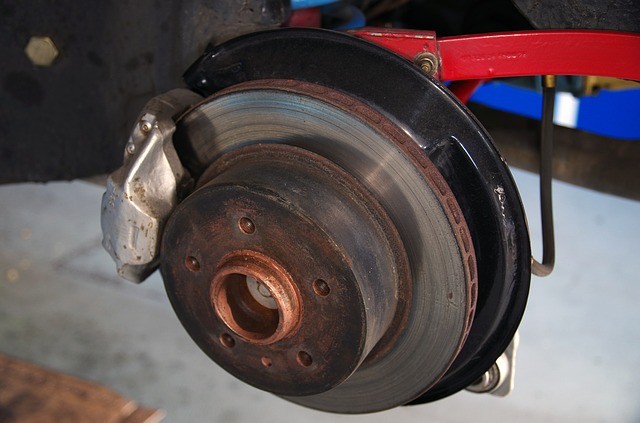
#12 – Seized Brake Caliper
If brake pads fail, cars may also be jerky when you apply brakes and apply pressure. The most common cause of jerking and jumping is brake pads being locked into their corresponding rotational gears. Some cases also include an audible chattered noise.
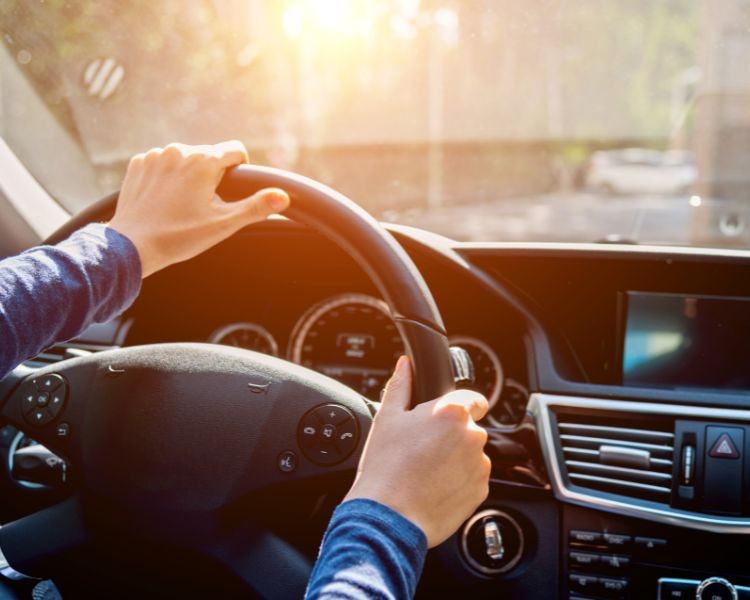
Causes of a Car That Jerks When Slowing Down?
In addition, the car might feel jerked if it stops while running. If abnormal vibration occurs, its source must be isolated and inspected immediately. What can cause a jerk in slowing traffic?
#13 – Compromised ignition coils
An engine’s ignition coil provides sparks at the correct time on each particular piston. But as ignition coils fail, they can sometimes cause misfires in low-speed areas, often felt as bucking or leaping. Although they may occur while traveling at either low speeds or high speeds, such issues tend to be much more widespread when acceleration is significantly less relative to engine load.
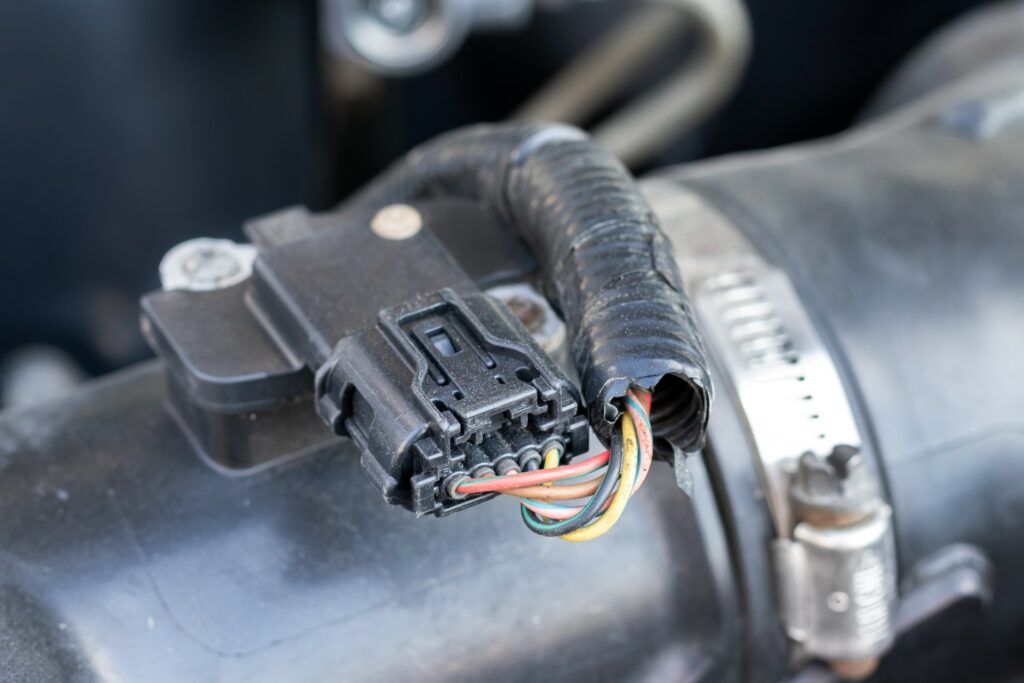
#14 – Faulty MAF Sensor
In some cases, faulty airflow sensors cause engines to jerk during a slowdown. An ECM/PCM sensor provides an engine with information about how much air flows in its system. It helps determine fuel consumption in real-time for the vehicle and its trim. Nonetheless, incorrect information can result in internal combustion engine problems.
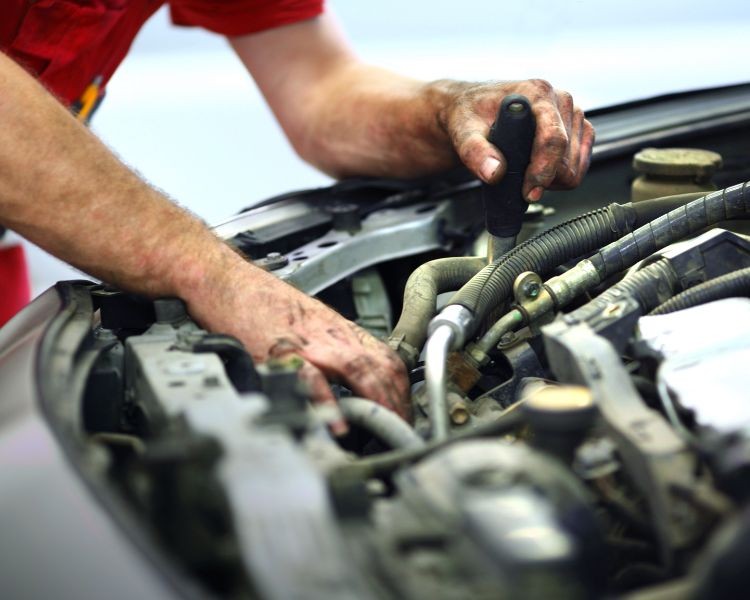
#15 – Vacuum leaks
One of the main causes of the vehicle jerking or car jerks when braking and slowdown is a large leak of vacuum. The older vehicles relied in part on engine vacuum for several vital functions. Moreover, leaking into vacuum systems can lead to erratic idle or misfires, most occurring during the slow down.
#16 – Sticking Throttle Body
Sometimes, the throttle bodies may jerk when a motor begins to stick. Generally, the throttle body is used to measure the intake gases in combustion. When throttle arms stick, or other mechanical components do not react to engine demands, a kind of hesitation usually occurs.
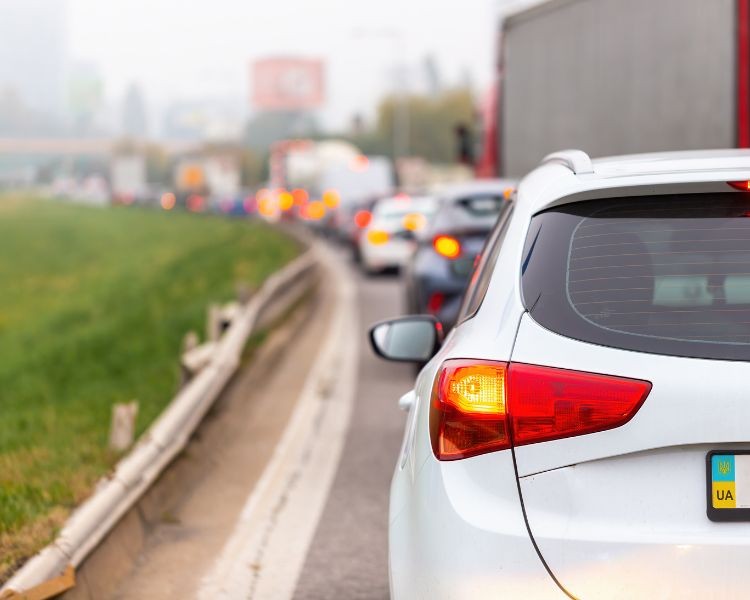
Causes of a Car That Jerks When Stopped
However, a vehicle can occasionally turn when it’s stopped, causing some sloshing and jerking. It causes a little panic and can be quite scary. The following are some commonly encountered reasons why a car jerks while standing in an idle position.
#17 – Fuel Delivery Problems
When possible, the car’s fuel is running sometimes due to faulty systems through the post-navigation search installed. In addition, clogging of fuel pumps, malfunctioning injector valves resulting to erratic idle, and malfunctioning fuel pumps can cause fuel system malfunction. The bulk of this issue can be detected when you sit in crowded parking lots or at stop lights.
#18 – Ignition system issues
Occasionally jerking sensation and tremor feeling when idle can often be caused by an ignition-related problem when the light is on. Some common problems include weary spark plug wire, aging spark plug wire, or defective coil packs. In old cars, worn or damaged brake button rotor cap was often the culprit.
Bottom Line
The jerk in brakes in an uncontrolled manner can cause high speed death in an inanimate way. So it is crucial to check for any signs of impending brake (can be done through brake pedal) problems before driving anywhere. Make sure you follow the proper engine maintenance and have a car insurance. With the following things to keep in mind whenever your car jerks when braking, you can reduce the chances of accidents and cause yourself and other people any harm.

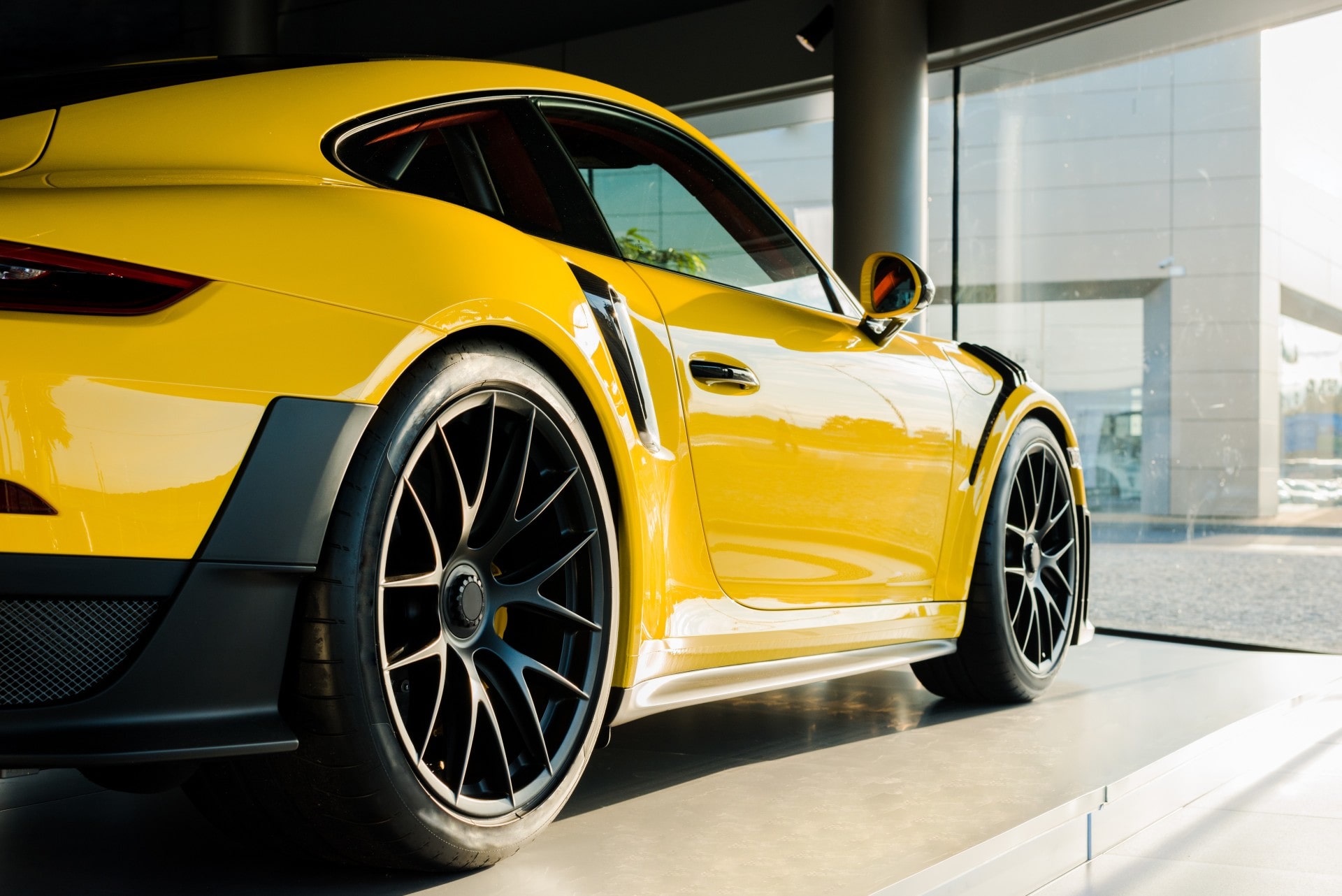
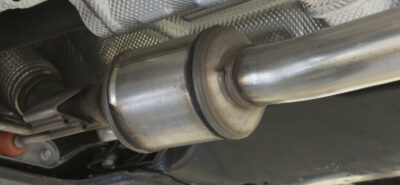
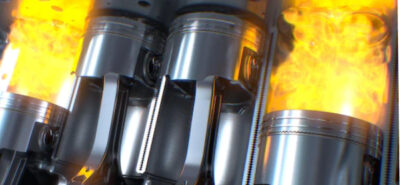
![Can a weak alternator cause poor engine performance? [Yes & No], (speedalternators.com)](https://speedalternators.com/wp-content/uploads/2022/09/weak-alternator-e1677554040758-400x185.png)
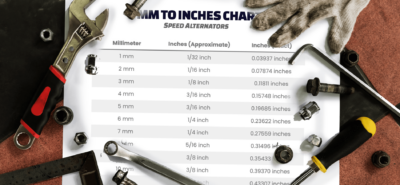
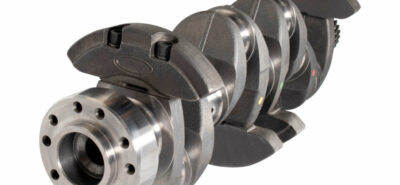
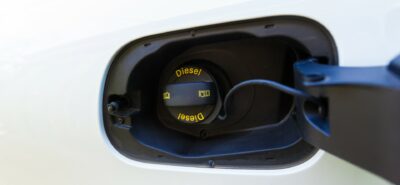
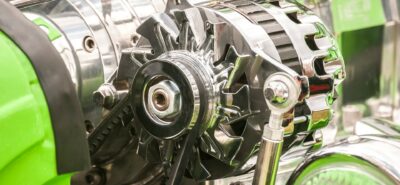
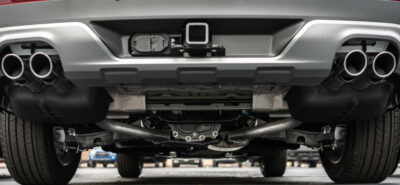
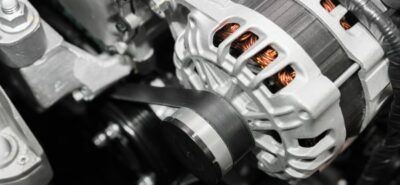
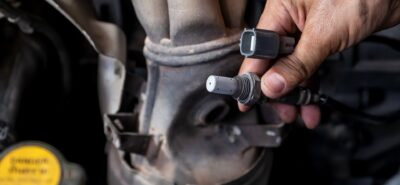
Leave a Reply